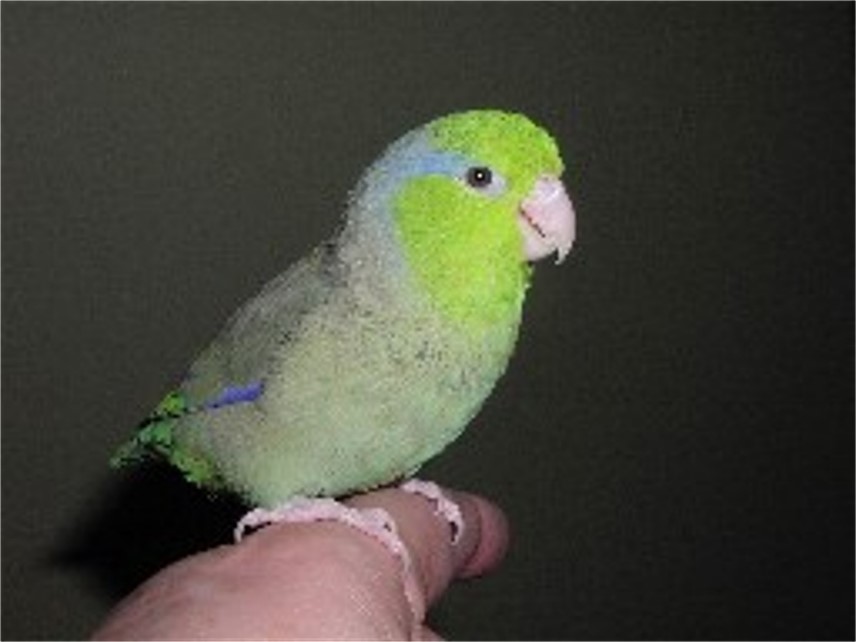We are always learning more about the mind of animals and this new study showed that pigeons share similarities with artificial intelligence.
Psychologists at the University of Iowa wanted to test the intelligence of pigeons and devised some very interesting and unique tests.
When the pigeons were given complex tests that involved categorization that did not allow them to use logic and reasoning, but instead made them memorize scenarios, they were able to pass the tests about 70% of the time.

The tests involved showing the pigeon a stimulus and required the pigeon to choose which category the stimulus belonged to. The categories included line width, angle, concentric rings and sectioned rings. These tests were so arbitrary that no rules or logic would help solve the problem. What made them even more difficult was that each stimulus was special, never repeated and did not look like one another. It required memorization to do the task.
The pigeons were able to solve the problems by using their biological algorithm and employing associative learning. Computers on the other hand, use artificial algorithms that people programed into them.
Sue’s note: How amazing are the animals we share our lives with. It is exciting to think of what other tests might show how intelligent other birds and animals are.




